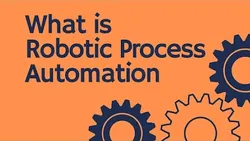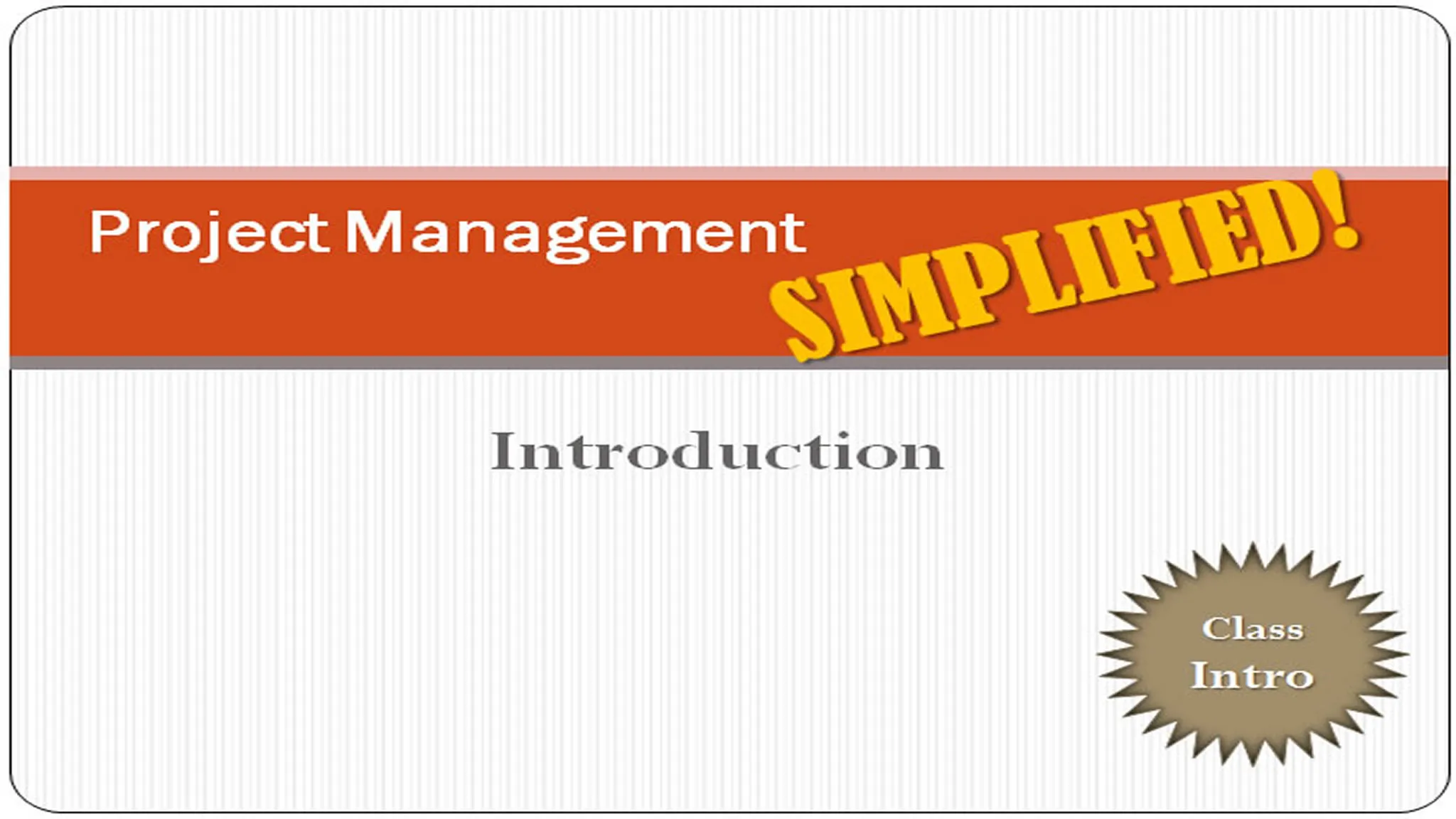
UiPath-Robotic Process Automation 
This course provides an introduction to Robotic Process Automation (RPA) and the various tools available, such as UiPath, AutomationAnywhere, BluePrism, and Pega. It covers the types of workflows in UiPath, UiPath Studio, RPA automation, project structure in UiPath projects, and flow charts. It also provides an overview of the different robots and their capabilities, as well as the different types of automation and how they can be used to streamline processes. Finally, it provides an introduction to the different types of workflows and how they can be used to create efficient and effective automation solutions. ▼
ADVERTISEMENT
Course Feature
![]() Cost:
Cost:
Free
![]() Provider:
Provider:
Youtube
![]() Certificate:
Certificate:
Paid Certification
![]() Language:
Language:
English
![]() Start Date:
Start Date:
On-Demand
Course Overview
❗The content presented here is sourced directly from Youtube platform. For comprehensive course details, including enrollment information, simply click on the 'Go to class' link on our website.
Updated in [May 17th, 2023]
This course provides an introduction to Robotic Process Automation (RPA) and the UiPath platform. It covers the fundamentals of RPA, including the different types of automation, the different types of workflows in UiPath, and the project structure in UiPath projects. It also covers the different types of robots, such as AutomationAnywhere, BluePrism, and Pega, and how they can be used to automate processes. Finally, it covers the basics of flow charting and how to create effective workflows. By the end of the course, students will have a better understanding of RPA and how to use UiPath to automate processes.
[Applications]
The application of this course can be seen in various industries, such as finance, healthcare, retail, and manufacturing. It can be used to automate mundane tasks, reduce manual labor, and increase efficiency. It can also be used to create automated workflows, which can help streamline processes and improve accuracy. Additionally, it can be used to create robots that can be used to automate repetitive tasks. With the knowledge gained from this course, users can create their own robots and workflows to help improve their business processes.
[Career Paths]
1. Robotic Process Automation (RPA) Developer: RPA Developers are responsible for designing, developing, and deploying robotic process automation solutions. They use software tools such as UiPath, AutomationAnywhere, BluePrism, and Pega to create automated workflows that can be used to streamline business processes. RPA Developers must have a strong understanding of programming languages, software development, and automation principles. As the demand for RPA solutions continues to grow, the need for RPA Developers is expected to increase.
2. Robotic Process Automation (RPA) Consultant: RPA Consultants are responsible for providing advice and guidance to organizations on how to best utilize robotic process automation solutions. They must have a deep understanding of the various RPA tools and technologies, as well as the ability to analyze and evaluate business processes. RPA Consultants must also be able to provide training and support to organizations on how to use RPA solutions. As the demand for RPA solutions continues to grow, the need for RPA Consultants is expected to increase.
3. Robotic Process Automation (RPA) Architect: RPA Architects are responsible for designing and developing robotic process automation solutions. They must have a deep understanding of the various RPA tools and technologies, as well as the ability to analyze and evaluate business processes. RPA Architects must also be able to provide training and support to organizations on how to use RPA solutions. As the demand for RPA solutions continues to grow, the need for RPA Architects is expected to increase.
4. Robotic Process Automation (RPA) Analyst: RPA Analysts are responsible for analyzing and evaluating business processes to identify areas where robotic process automation solutions can be used. They must have a deep understanding of the various RPA tools and technologies, as well as the ability to analyze and evaluate business processes. RPA Analysts must also be able to provide training and support to organizations on how to use RPA solutions. As the demand for RPA solutions continues to grow, the need for RPA Analysts is expected to increase.
[Education Paths]
1. Bachelor of Science in Robotics: This degree program focuses on the design, development, and implementation of robotic systems. Students learn about the principles of robotics, computer programming, and artificial intelligence. They also gain experience in the use of robotic systems in various industries, such as manufacturing, healthcare, and transportation. This degree program is becoming increasingly popular as the demand for robotic automation increases.
2. Master of Science in Robotics: This degree program focuses on the advanced design, development, and implementation of robotic systems. Students learn about the principles of robotics, computer programming, and artificial intelligence. They also gain experience in the use of robotic systems in various industries, such as manufacturing, healthcare, and transportation. This degree program is becoming increasingly popular as the demand for robotic automation increases.
3. Doctor of Philosophy in Robotics: This degree program focuses on the research and development of robotic systems. Students learn about the principles of robotics, computer programming, and artificial intelligence. They also gain experience in the use of robotic systems in various industries, such as manufacturing, healthcare, and transportation. This degree program is becoming increasingly popular as the demand for robotic automation increases.
4. Master of Business Administration in Robotics: This degree program focuses on the business aspects of robotics. Students learn about the principles of robotics, computer programming, and artificial intelligence. They also gain experience in the use of robotic systems in various industries, such as manufacturing, healthcare, and transportation. This degree program is becoming increasingly popular as the demand for robotic automation increases.
Course Provider

Provider Youtube's Stats at AZClass
Discussion and Reviews
0.0 (Based on 0 reviews)
Explore Similar Online Courses

Automation Anywhere A11 Tutorial

ServiceNow Flow Designer

Project Management SIMPLIFIED

Practical Project Management for Managers and First Time PMs

Scrum Master Certification Exam Preparation

Project Management for Developers and Technical Experts

Practical Project Management Certification - Microcredential - FutureLearn

Project Management: Human Resources and Leadership - FutureLearn

Big Picture of the Projects and Beyond

Project Management Skills and Leadership Course

Prince Training - Project Management Certification - FutureLearn


Start your review of UiPath-Robotic Process Automation